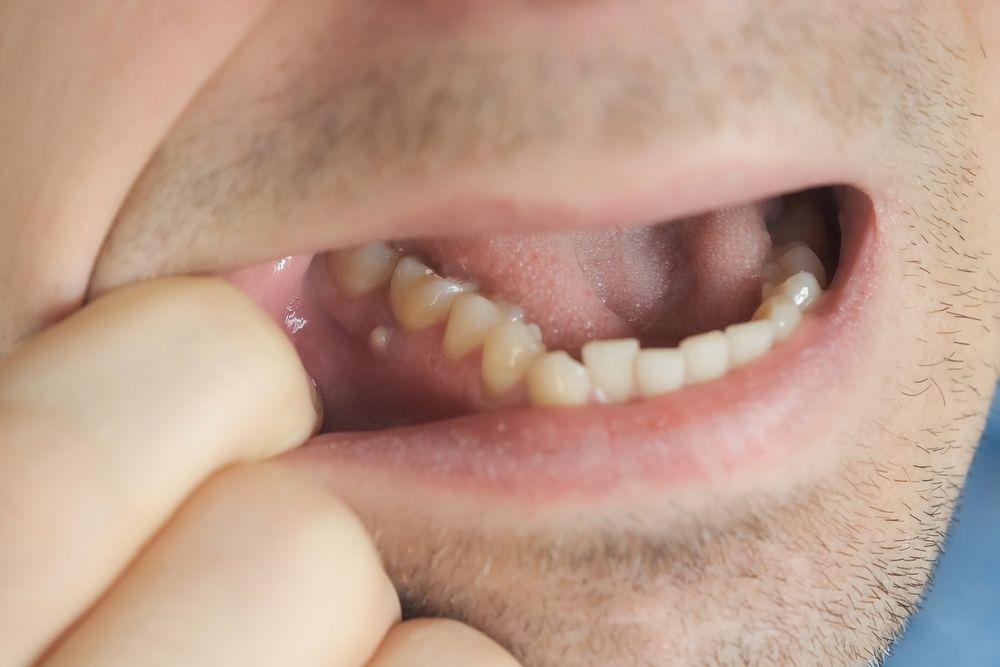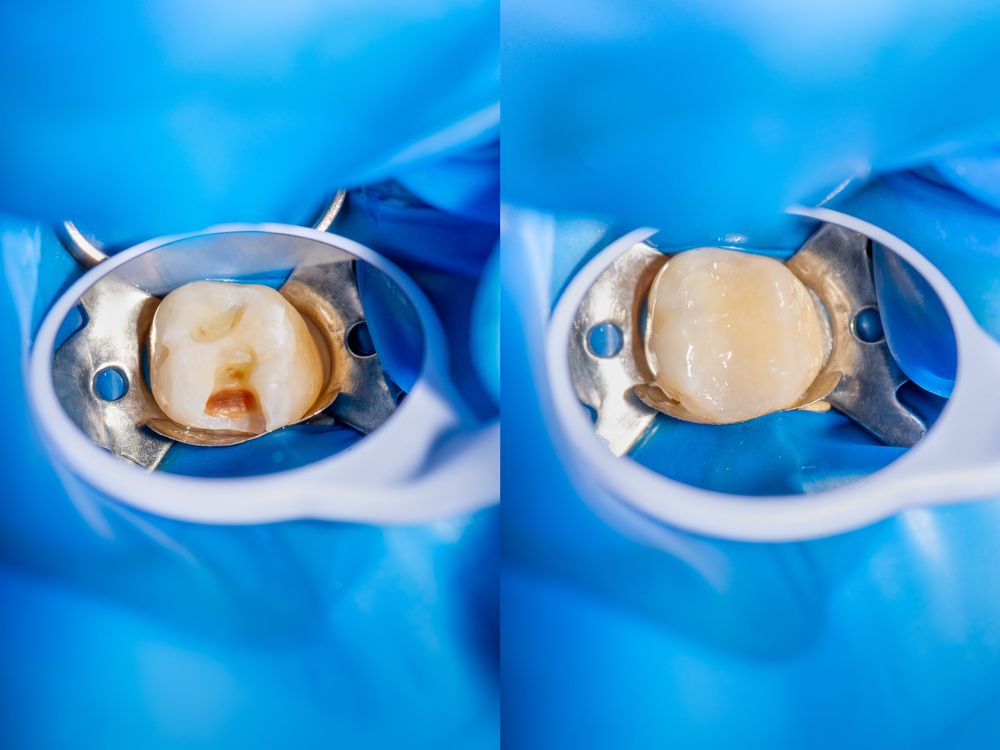Pregnancy is a time of joy and anticipation, but also a period when a woman’s body undergoes numerous changes. Among these changes, oral health often takes a backseat, though it’s critically important. This blog aims to shed light on the essential connection between oral health and pregnancy, emphasizing why dental care during this period is not just beneficial but necessary for both mother and baby.
Oral Health Changes During Pregnancy
Pregnancy brings a wave of hormonal changes, which can have a significant impact on oral health. Many expectant mothers experience pregnancy gingivitis – a mild form of gum disease that causes gums to be red, tender, and swollen. In more severe cases, periodontitis can develop, potentially affecting the health of the unborn child. Additionally, some women may develop pregnancy tumors, benign growths on the gums that usually resolve after childbirth.
Not only that, but pregnant women are more susceptible to enamel erosion and tooth decay, a risk that escalates due to various physiological and lifestyle changes during pregnancy. Elevated hormone levels can alter the body’s response to plaque, increasing the likelihood of decay. Additionally, common pregnancy-related conditions like morning sickness expose teeth to stomach acids, which can erode enamel, the hard, protective outer layer of teeth. This erosion makes teeth more vulnerable to decay. Cravings for sugary snacks and a heightened acid content in the mouth also contribute to this risk.
Impact on the Mother and Baby
Neglecting oral health during pregnancy doesn’t just affect the mother; it can also impact the baby. Studies have suggested a link between periodontal disease and adverse pregnancy outcomes, such as premature birth and low birth weight. This connection highlights the importance of maintaining good oral hygiene throughout pregnancy, not only for the mother’s health but also for the healthy development of her baby.
Essential Dental Care Practices

Maintaining oral health during pregnancy is straightforward but crucial. Regular brushing with fluoride toothpaste, flossing daily, and using an antimicrobial mouthwash can significantly reduce the risk of gum disease. Additionally, a balanced diet rich in vitamins, particularly vitamin C and calcium, is vital for healthy gums and teeth.
There are several myths surrounding dental care in pregnancy, such as the misconception that dental treatments can harm the fetus. In reality, neglecting oral health poses a much greater risk. Regular dental care, including professional cleanings and necessary treatments, is not only safe but recommended during pregnancy.
It’s essential to continue regular dental check-ups during pregnancy. The best time for treatment is during the second trimester. Most routine care is safe, but always inform your dentist if you are pregnant. While dental X-rays are generally avoided during pregnancy, they can be performed safely if necessary.
Conclusion:
Oral health is a crucial aspect of prenatal care. The changes a woman’s body undergoes during pregnancy can have significant impacts on oral health, which, in turn, can affect the health of the baby. By maintaining good oral hygiene practices, keeping up with regular dental visits, and debunking common myths, expectant mothers can ensure both their health and the health of their unborn child.






